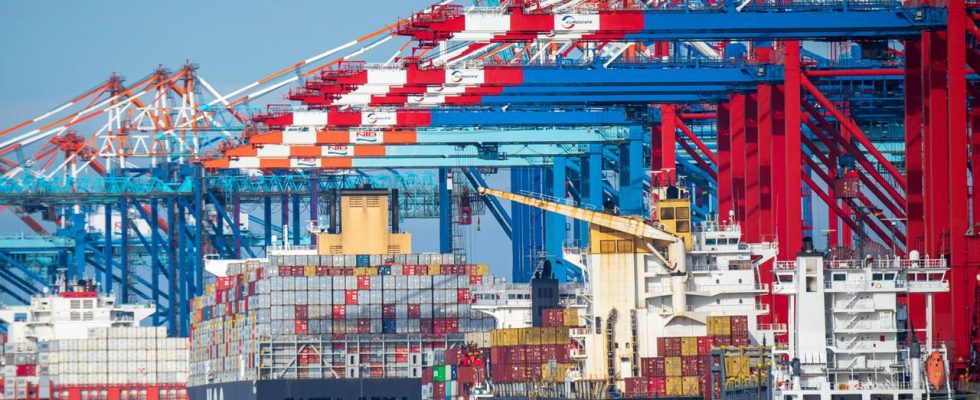Ports and terminals around the world have become sought-after takeover targets in recent years. According to one study, they are the “hidden gems of a globalized supply chain.” Ports in Africa, for example, are becoming increasingly important.
Ports and their transshipment terminals are becoming increasingly popular as takeover targets for investors. Since 2015, purchases and sales in the port infrastructure sector have recorded a significant increase. This is the conclusion reached by the auditing and consulting firm PricewaterhouseCoopers (PwC) in a current study on the transport and logistics sector.
Acquisition activities remain high
“The transaction volume since then has totaled around $100 billion,” said analysts at PwC. The value of the announced deals has fallen significantly to $4.2 billion in 2023. For comparison: In the previous two years it was 15.3 and 11.7 billion dollars. “With a total of 16 deals, takeover activity in this area was still comparatively high.”
The PwC experts are observing that the target regions are shifting: “Between 2015 and 2023, two thirds of the 184 announced deals in the area of port infrastructure were aimed at ports in Asia and Oceania,” says PwC’s current “Transport & Logistics Barometer”. In the study, the consulting firm calls ports the “hidden gems of a globalized supply chain.”
Ranking
The ten largest container ports in the world
African ports are becoming increasingly important
Investments by foreign investors in ports and terminals in Africa are currently becoming more important. “There’s a real competition going on here right now.” While China is pushing ahead with the development of the “New Silk Road” and strategic investments in Africa, the EU is also investing in African infrastructure in order to remain competitive.
“Routes and trade focuses are shifting. Asia and Africa are becoming more relevant. The route to Europe could become less important,” said PwC expert for the maritime economy, André Wortmann. “In the struggle for crucial infrastructure, the EU must be wide awake: harmony in the global maritime system is crumbling, because key players sometimes pursue very different interests.”
According to the PwC experts, destinations in Europe also remain highly attractive, as demonstrated by the entry of the global shipping company MSC into the Hamburg port operator HHLA. The world’s largest container shipping company MSC and the city of Hamburg as the majority owner will run Hamburger Hafen und Logistik AG (HHLA) as a joint venture in the future.
Controversial Cosco deal
A deal with the Chinese state-owned company Cosco had previously caused a stir in Germany; HHLA only finalized the controversial deal last summer. Since then, a Cosco subsidiary has held a minority stake of 24.99 percent in the Tollerort terminal. The Chinese paid around 42 million euros for this. The terminal is intended to become a preferred transshipment point for Cosco, with cargo flows between Asia and Europe to be concentrated here.
Cosco originally sought a 35 percent stake. However, several federal ministries protested against this, so the cabinet ultimately set the quota at less than 25 percent in order to prevent Cosco from becoming a blocking minority. China is the Port of Hamburg’s largest trading partner; 30 percent of the goods handled there go to or come from China.

